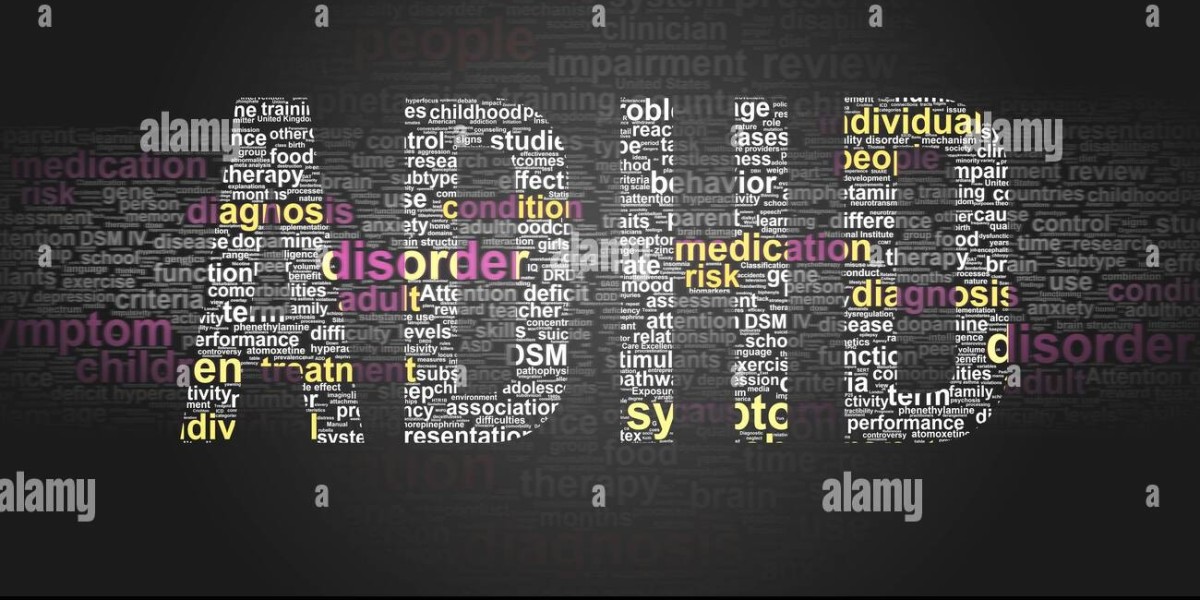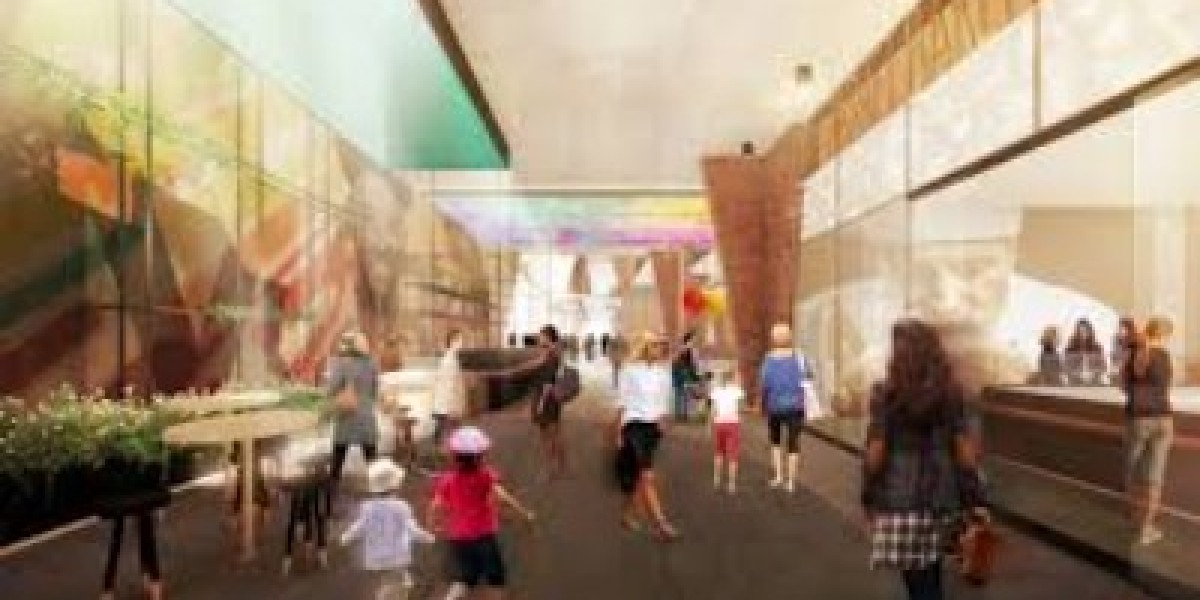In addition to having an effect on academic and professional achievement, attention deficit hyperactivity disorder (ADHD) has a big influence on relationships and social development. Friendships and peer relationships can provide special difficulties for those with ADHD. Even though they can be subtle at times, these issues can cause dissatisfaction, social isolation, and misunderstandings. Building better, more robust connections requires an understanding of the connection between social difficulties and ADHD.
The Impact of ADHD on Social Skills
A variety of abilities are needed for social interactions, including listening, impulse control, emotional regulation, and nonverbal cue interpretation. These abilities are categorized under executive functioning, which is frequently compromised in people with ADHD. This ADHD characteristic can lead to issues with interpreting social circumstances, maintaining conversational interest, and controlling emotions.
Among the main causes of social difficulties in ADHD are:
Inattention:
Peers may feel ignored or unimportant if they have trouble concentrating during discussions or recalling specifics.
Impulsivity:
Ignoring social standards, blurting out remarks, or acting impulsively might drive friends away.
Emotional Dysregulation:
Relationships can be strained by overreacting or having strong emotional reactions.
Hyperactivity:
Excessive speech or physical restlessness can overwhelm other people.
Typical Social Difficulties with ADHD
Difficulty Maintaining Friendships:
People with ADHD may have trouble being consistent, which can irritate others by causing them to forget promises or not follow through.
Misinterpreting Social Cues:
It can be difficult to read body language, tone, and facial emotions, which can lead to uncomfortable or inappropriate reactions.
Problems with Conflict Resolution:
People with ADHD may find it difficult to resolve conflicts or take criticism without becoming emotionally agitated.
Low Self-Esteem:
A bad self-image can be exacerbated by negative social experiences, which further discourages social involvement.
How Children and Adults with ADHD Present Differently in Social Situations
Children with ADHD may have trouble waiting their time, sharing, or adhering to group norms. This may lead to rejection from peers or being called "difficult."
Teenagers:
The need to fit in with their peers grows stronger, but hasty actions or a lack of emotional control can cause social anxiety or loneliness.
Adults:
ADHD can affect sustaining long-term friendships, romantic connections, and professional networking. Impulsivity or inconsistent communication can have an impact on intimate relationships or professional dynamics.
Effective Techniques for Developing Social Skills
With the correct techniques and assistance, people with ADHD may create and preserve satisfying relationships in spite of these obstacles.
Develop Self-Awareness:
The first stage is to identify your own social challenges and strengths. Examine previous exchanges to find trends and triggers, keeping in mind any ADHD symptoms that may have influenced your intractions.
Engage in active listening by avoiding distractions, maintaining eye contact, and concentrating on the speaker. To make sure you understand, restate or summarize what was said.
Practice Emotional Regulation:
In emotionally intense circumstances, practice mindfulness, deep breathing, or counting to ten before reacting.
Enhance Social Cue Recognition:
People can practice reading body language and tone by participating in role-playing activities or consulting a therapist.
Participate in Structured Social Activities:
Clubs, sports, and group classes are examples of environments with well-defined norms that offer chances to practice social skills in relaxed settings.
Establish Small Objectives:
Set modest, doable social objectives, like striking up a conversation once a week or keeping eye contact in meetings.
Employ Humor and Honesty:
Using humor or openness to acknowledge social blunders can help to reduce conflict and promote understanding.
How Teachers and Parents Can Encourage Social Development
Model Positive Interactions:
Children with ADHD can benefit from guidance on how to communicate and control their emotions.
Give Gentle Feedback:
Children can identify social blunders with constructive criticism that doesn't undermine their self-esteem.
Promote Empathy:
Role-playing games that emphasize comprehending many viewpoints might improve patience and empathy.
Encourage Peer Engagement
Set up playdates or events for small groups so the youngster can interact with others in a safe setting.
Looking for Expert Assistance
For people with ADHD, group counseling, behavioral therapy, and social skills training programs can greatly enhance peer connections. Social coaches and therapists offer resources to improve communication, conflict resolution, and emotional control. Support groups for ADHD also provide a feeling of belonging and a common experience.
Developing Your Strengths
ADHD offers characteristics like creativity, humor, spontaneity, and passion, but it also poses special social obstacles. Adopting these qualities can result in relationships that are lively and meaningful. Social settings are easier for people with ADHD to handle if they concentrate on their strengths and use certain techniques.
Concluding
Although social difficulties are a typical feature of ADHD, a person's social life does not have to be defined by them. People with ADHD can enhance their social experiences and form enduring connections with the help of support, self-awareness, and patience. Understanding how ADHD affects social skills is a critical first step in promoting growth, empathy, and connection.









